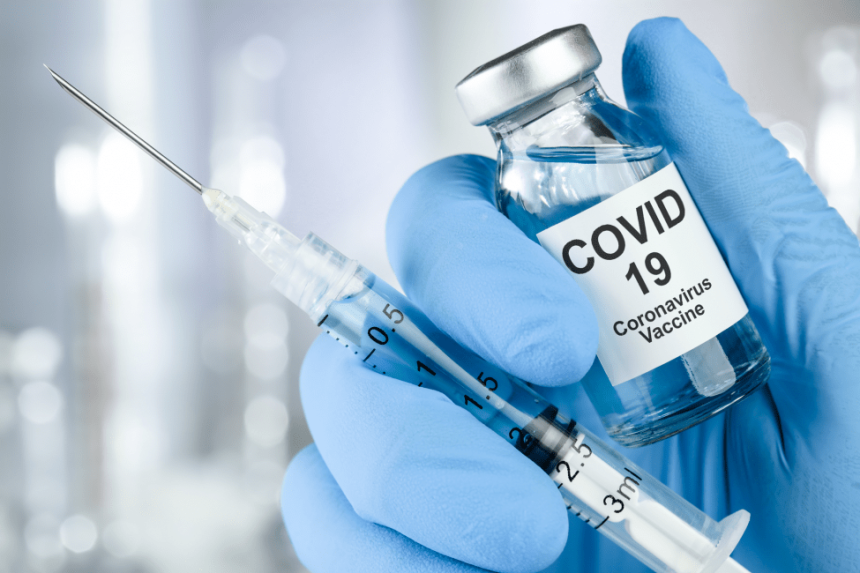COVID-19 vaccines have become one of the main topics in recent months since a lot of people started getting their vaccines. Many experts expect vaccines to be the solution to the pandemic. Social distancing, masks, and frequent hand washing are effective but not reliable. Even if you adhere to these measures, it is not a fact that others are doing so.
While some people are trying to get their hands on the vaccine, others are still hesitant and trying to weigh the pros and cons of the decision. For example, a lot of people have questions regarding the effectiveness and safety of vaccines. According to the vaccine makers, the effectiveness ranges from 70% to 95% that is higher than the average effectiveness of the flu vaccine.
According to Pfizer, 44,000 volunteers have found vaccination to be 95% effective. Moderna tests showed 94% for 30,000 volunteers. The effectiveness of AstraZeneca is from 70 to 90%, depending on the dose. And Johnson and Johnson’s trials have shown 66% positive results in preventing moderate and severe COVID-19 cases (better results in severe cases). There are other vaccines that are also becoming available.
Also Read: WHO halts interim report on coronavirus origins amid growing pushback
However, many experts recommend visiting a doctor before getting vaccinated, regardless of the situation and the effectiveness of the vaccine. The doctor can advise the patient how the vaccine can affect one’s health. Here’s what to look out for before getting vaccinated against COVID-19.
COVID-19 vaccine side effect and misconceptions
Clinical trials of COVID-19 vaccines have shown that most side effects are minor and can generally last for a few days. Some experts even state that a minor side effect is not necessarily a bad thing, as it could indicate that the body is forming a defense against the virus.
Side effects may include fatigue, headache, muscle aches, nausea, fever, and other possible reactions. There are also known cases of more severe allergic reactions to the aforementioned four types of vaccine, but the CDC estimates this is possible but quite rare.
No vaccine is perfect regardless of the disease, including the COVID-19 vaccine. This generates misconceptions and vaccination bias. It is justified that people are wary of new methods of combating coronavirus but some misconceptions became one of the main reasons why people might avoid getting vaccinated against COVID-19.
For example, people have concerns that the vaccine itself could cause COVID-19. According to experts, this cannot happen, since no live virus is used in existing vaccines. And if a person develops COVID-19 soon after the vaccination, then this is not due to the vaccine. This may mean that either the vaccine did not work, (which is rare judging by the vaccine trials), or infection developed shortly before vaccination.
Also, some people often blame the vaccine as the cause of health problems, especially if health has deteriorated shortly after being vaccinated. And it is not about side effects, but about other diseases such as cancer, strokes, heart attacks that took place before the pandemic.
Such health problems can occur regardless of whether the person is vaccinated or not. COVID-19 vaccines have already been accused of causing various diseases, but there is no definite confirmation of this yet. At least according to official sources, clinical trials of vaccines have not shown that some health problems can develop after vaccination.
What are the pros and cons of the COVID-19 vaccination?
It is important to notice that the pros and cons of getting vaccinated can vary from vaccine to vaccine. Some vaccines may have their own set of side effects and may not be suitable for a specific group of people due to their current health condition. Besides, certain vaccines may not be available in some countries or may be quite expensive. It is also possible that some will be able to afford only a vaccine that is available under various government programs. Thus, the pros and cons of going through the vaccination process and the vaccine selection are individual.
Many people in various countries have already been vaccinated against COVID-19 and the reduction in the possibility of contracting coronavirus is cited as the main advantage. COVID-19 vaccination may become a prerequisite for some employers or when traveling, however this remains a controversial issue. Getting vaccinated can be especially helpful in countries with heavily overloaded healthcare facilities, especially with COVID-19 patients. So vaccines can prevent providing inefficient medical care.
Among the main cons of vaccination is that there is little data available on the long-term effect of the vaccine at this time. It hasn’t been long enough to say with certainty that it is reliable and will not cause other side effects over time.
The world is optimistic about the emergence of COVID-19 vaccines and their widespread adoption. This can become a way to solve the problems of the pandemic, restore the economies of many countries, and return society to its usual life. The stock market has already reacted positively to the emergence and widespread use of vaccines. Even assets such as cryptocurrencies have begun to surge on cryptocurrency exchanges such as CEX.IO.
In any case, the choice to get vaccinated is a personal one. And if people make decisions to vaccinate or refuse to do it, people must respect the opposite position. Before making such decisions, it is worth consulting with a doctor who can tell you which of the paths worth considering.















